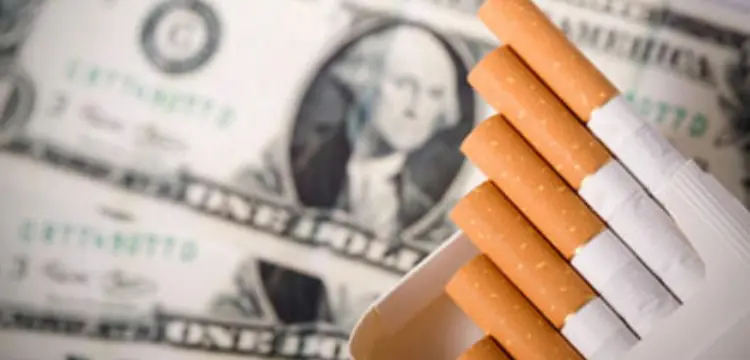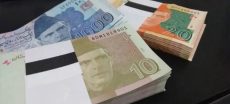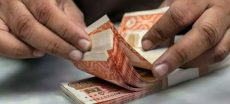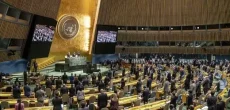[vc_row][vc_column][vc_column_text dp_text_size=”size-4″]The Society for the Protection of Rights of the Child (SPARC) and other anti-tobacco activists in Pakistan are advocating for an increase in tobacco taxation as a potential solution to address the country’s economic challenges and advance public health goals.
SPARC welcomed the appointment of Muhammad Aurangzeb as the new finance minister and urged him to consider tobacco taxation as a means to improve the economy and promote public health. They argue that higher taxes on cigarettes would not only generate additional revenue but also discourage tobacco consumption, aligning with objectives outlined by the World Health Organization (WHO).
Read More: Embracing Tobacco Harm Reduction to Save Lives in Pakistan
Rabia Syed, Director of IBC, highlighted that Pakistan could generate an additional Rs 17 billion in revenue through a 26% increase in cigarette taxes. This revenue could help address immediate fiscal pressures while also contributing to public health objectives by reducing tobacco use.
Malik Imran Ahmad, the country head of Campaign for Tobacco-Free Kids (CTFK), emphasized the significant challenge posed by tobacco consumption in Pakistan, with approximately 31.9 million adults consuming tobacco. He stressed the need for measures such as increased tobacco taxation to alleviate the burden on healthcare resources and protect public health.
Dr. Khalil Ahmad, program manager at SPARC, underscored the affordability of cigarettes as a key factor driving youth initiation into smoking. He emphasized the economic costs associated with smoking-related illnesses and deaths, further supporting the call for higher tobacco taxes.
Overall, these experts and activists are urging the government to recognize the economic and public health benefits of increased tobacco taxation and take action to implement such measures in Pakistan.[/vc_column_text][/vc_column][/vc_row]











